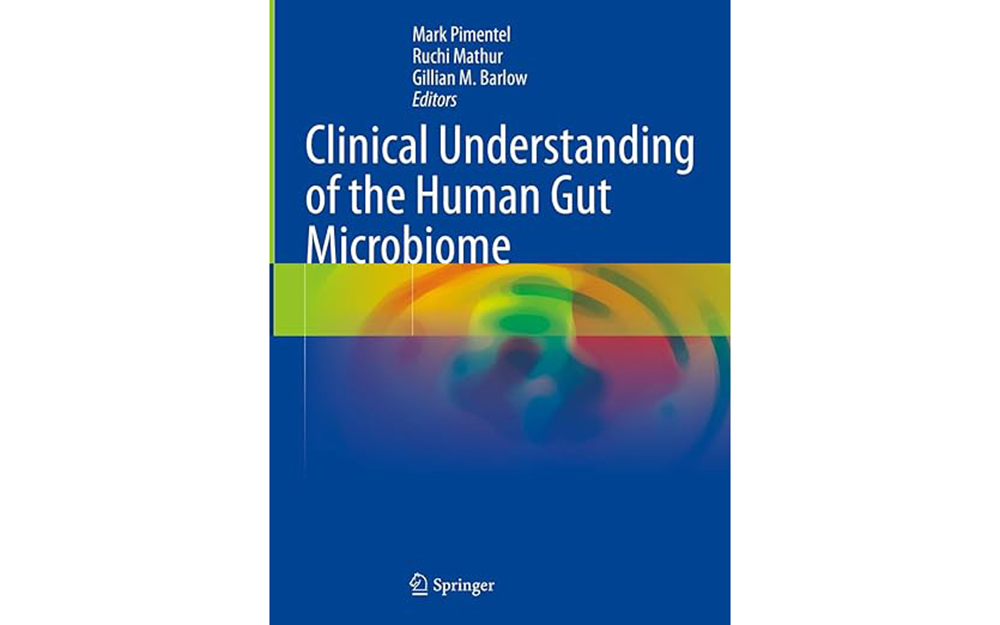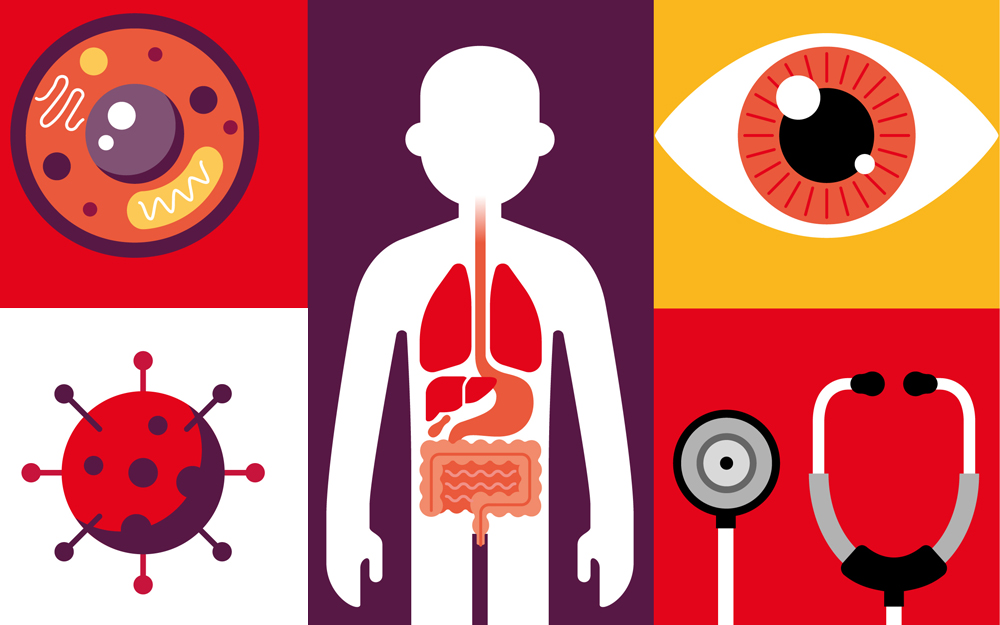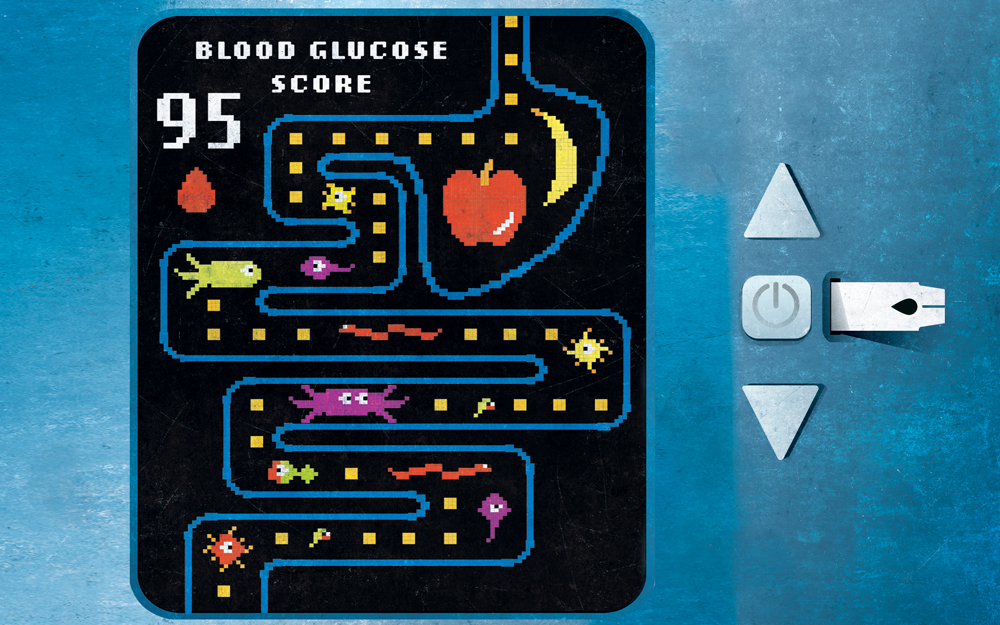Enzyme Targeted by Coronavirus Influences Gut Inflammation
Date
August 2, 2021
Credits

Date
August 2, 2021
Credits
Medical providers featured in this article

In Brief
{{cta-block}}
Although the coronavirus usually strikes the lungs first, it can inflame and damage organs throughout the body. A study led by Cedars-Sinai shows that the enzyme facilitating these attacks is also a factor in inflammatory bowel disease (IBD). This revelation may pave the way to using IBD therapies to help patients recover from COVID-19.
The multisite project focused on an enzyme (ACE2) that normally functions to lower blood pressure and also has effects on inflammation. But, once breathed in, the coronavirus can bind to ACE2 and use it to hijack cells and spread.
“It was important for us to understand how COVID-19 might affect IBD patients who are treated with medications that modify the immune system.”
To solve the mysteries of this process, investigators examined ACE2’s role in Crohn’s disease and ulcerative colitis—two types of IBD that cause inflammation and scarring in the digestive tract.
“We chose these disorders because COVID-19 frequently causes gastrointestinal symptoms,” explains Dermot P. McGovern, MD, PhD, director of Translational Research in the Inflammatory Bowel and Immunobiology Research Institute, and the Joshua L. and Lisa Z. Greer Chair in Inflammatory Bowel Disease Genetics. “It was important for us to understand how COVID-19 might affect IBD patients who are treated with medications that modify the immune system.”
The research identified that medications commonly used to treat IBD and other autoimmune disorders affect the expression of ACE2.
"This may be an important development as there is increasing evidence that the GI tract may serve as an alternate route for uptake of SARS-CoV-2 in general," according to McGovern. "The effect of ACE2 depended on both its location in the gastrointestinal tract and the specific disease involved," McGovern notes.
Calling ACE2 a "double-edged sword," McGovern adds that, even though "individuals with higher ACE2 expression may be at increased risk of infection with COVID-19," the findings suggest that the "enzyme likely has anti-inflammatory functions that also could help some patients recover from the virus."
McGovern was recently awarded a grant from the National Institutes of Health to further explore how the lanes of inflammation in IBD and COVID-19 overlap—and how they might be closed to stop the coronavirus from progressing.





